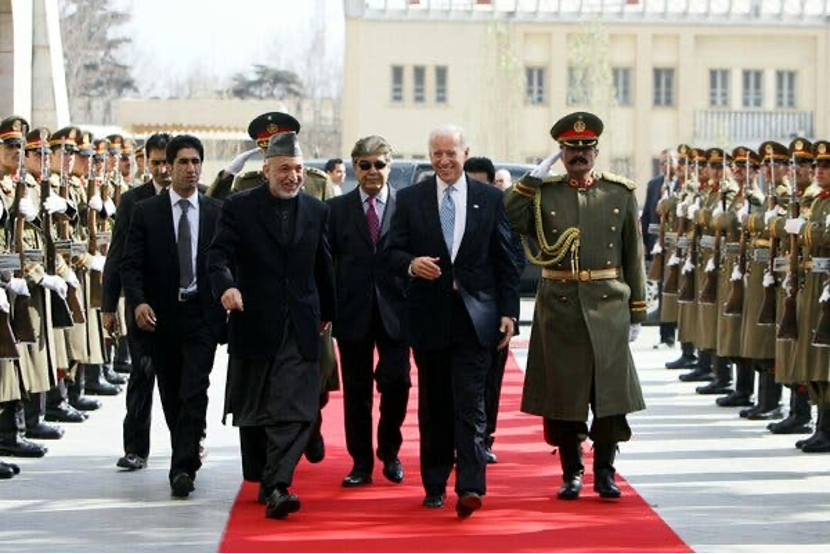
How the U.S. has imposed puppet leaders in Afghanistan who have allied with the Taliban, advocated ethnic cleansing, and betrayed their people
During the 2020 election campaign, President-elect Joe Biden made it clear that if he won, he would support a sustained U.S. military footprint in Afghanistan of up to 1,500-2,000 troops on the ground—primarily for special operations against ISIS and other terrorist threats. “These forever wars have to end,” Biden said, “but here’s the problem, we still have to worry about terrorism.”
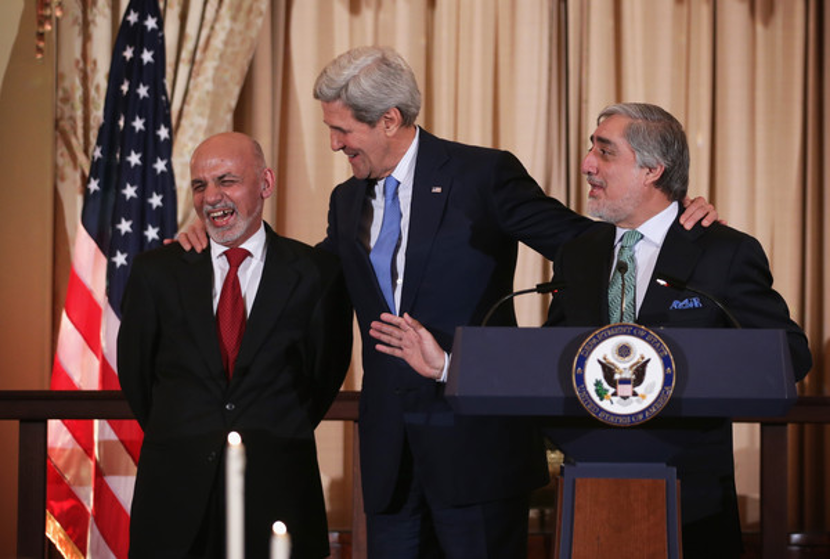
The U.S. troop presence and covert training of corrupt Afghan security forces, however, have been major factors contributing to the growth of terrorism in Afghanistan.
The Islamic State of Iraq and Syria (ISIS) first gained a presence in Afghanistan in 2015 as part of the backlash against the foreign military occupation of Afghanistan.
The Taliban, which had been defeated in December 2001, have also gained strength by presenting themselves as a nationalist resistance force.
Having passed its 19th anniversary, the Afghan War is not only America’s longest war, but also one of its most disastrous.
But unlike Vietnam, a significant antiwar movement never developed because of (1) the absence of a draft, (2) prejudice against Muslim peoples, (3) the effective demonization of America’s main adversary, the Taliban, (4) jingoism that prevailed after 9/11, and (5) public ignorance about the hidden motives underlying the war.
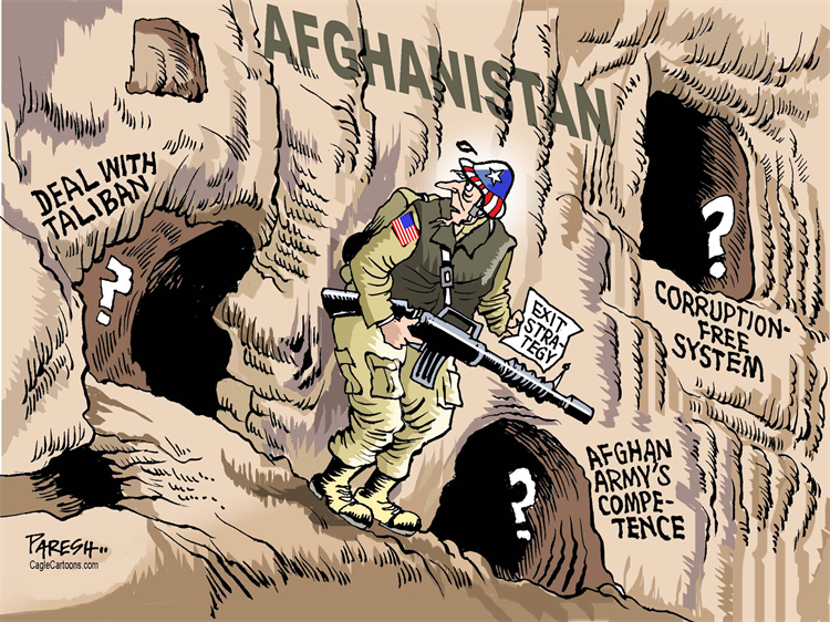
The U.S. has long claimed that it invaded Afghanistan in September 2001 to overthrow the oppressive regime of the Taliban and help Afghanistan establish a Jeffersonian democracy.
However, by pouring billions of dollars into the wrong pockets, culminating in the rise of drug-related activities, corruption, the outflow of money from the country, and filling the power vacuum with imported technocrats from the West, a political system came into being that was foreign to most Afghans.
Afghanistan’s new political elite, imposed by the West, was dominated by émigrés who had no interest in serving the country that they once left to lead a peaceful life in the West.
For all the talk about winning “hearts and minds,” no real nation-building that took Afghan customs, traditions, and the different ethnic groups into account was ever undertaken.
Like the Russians before them, U.S. and NATO occupying troops brutalized the local population, carrying out bounty hunter and assassination missions, and bombing campaigns that killed many innocent civilians.
Witness the recent scandal involving the Australian special force troops who were accused of killing 39 civilians and prisoners owing to what an investigative report revealed to be an “unchecked warrior culture.”
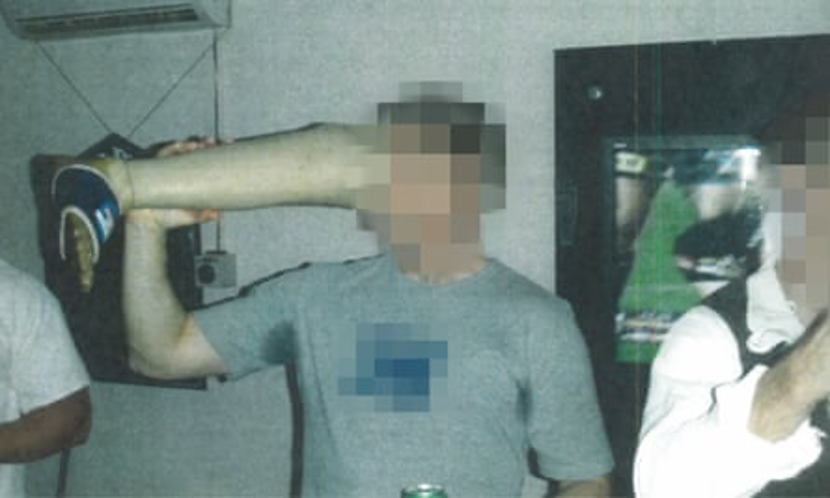
Geopolitical Backdrop to War
Afghanistan has long been used as a pawn between rival powers which want to gain access to Central Asian and Middle Eastern oil and mineral resources. In 2001, when the U.S. first invaded the country, it was in the process of expanding its military infrastructure in Central Asia.
Afghanistan provided a key way station to this new “oil dorado,” which holds as much as 200 billion barrels of oil–about ten times the amount found in the North Sea, and a third of the Persian Gulf’s total reserves.[1]
American geostrategic imperatives trumped any commitment to advancing genuine democracy or human rights in Afghanistan. What the U.S. wanted was a regime that would be friendly to its interests.
During the 2008 election cycle, the candidate for hope and change, Barack Obama, continuously contrasted the bad war in Iraq with the good war in Afghanistan, which Obama promised to follow through until its end. Twelve years later, U.S. troops remain enmeshed in an endless quagmire, with the ongoing peace talks offering little hope for a long-term resolution to the conflict.
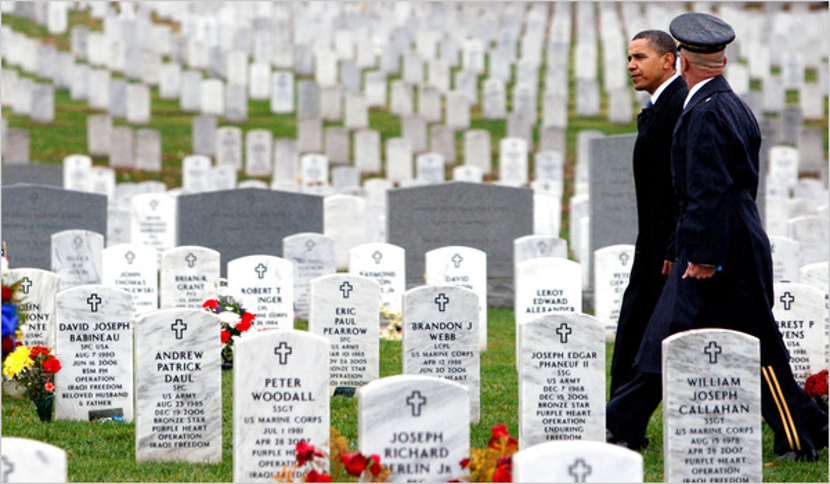
The Bonn Conference and Its Legacy
German military theorist Karl Von Clausewitz stated that “war is politics by other means,” and at the heart of the problem in Afghanistan is the political situation.
Rather than adopting measures to nurture democracy, the U.S. relied on fundamentalist warlords to fight the Taliban and imposed puppet regimes on Afghanistan starting with Hamid Karzai, who was put in power not by the Afghan people, but at a conference for foreign donors in Bonn, Germany, in December 2001 after the Taliban had been overthrown under Operation Enduring Freedom.
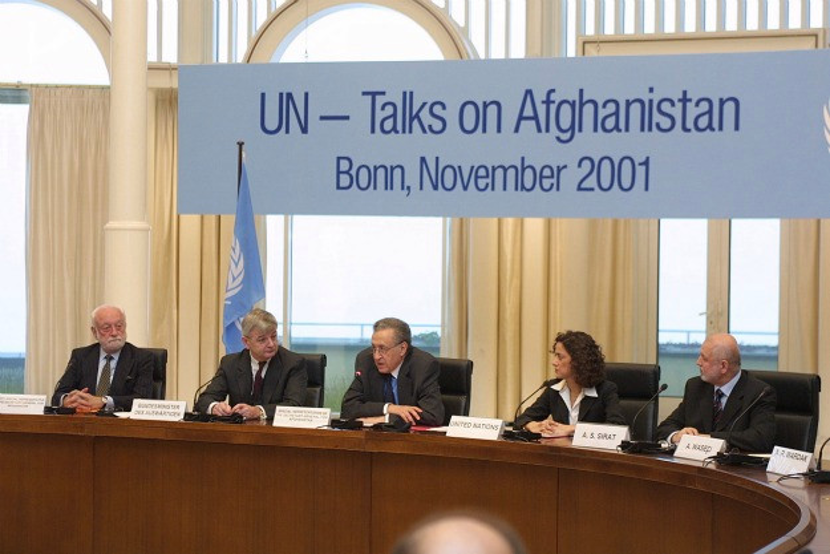
During the Bonn Conference, Prof. Abdul Satar Sirat, a former adviser to King Zahir Shah, was elected as head of the interim government with roughly 80 percent of the vote. However, due to objections made by President George W. Bush’s Special Envoy, Zalmay Khalilzad, Sirat had to step aside and make place for a Pashtun, Hamid Karzai (Sirat was an Uzbek).[2]
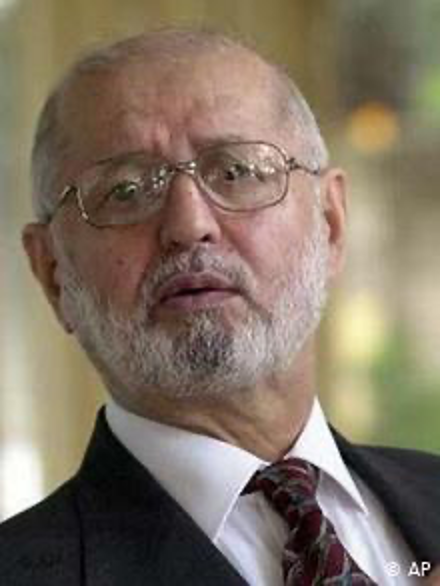
The appointment of a Pashtun to consolidate a fabricated unity in the country, at the expense of a genuine democratic process, was a common effort by Lakhdar Brahimi, the UN envoy to Afghanistan, and Zalmay Khalilzad.[3]
Khalilzad himself belonged to the Pashtun ethnicity. His rise to power in U.S. elite circles began when he obtained his Ph.D. at the University of Chicago under the direction of Albert Wohlstetter, a guru of neoconservatives like Donald Rumsfield, Paul Wolfowitz and Dick Cheney. Subsequently, Khalilzad worked closely with Zbigniew Brzezinski in planning U.S. support to the mujahideen who opposed the Soviet occupation of Afghanistan in the 1980s, and served as a senior official in President Ronald Reagan’s State Department.
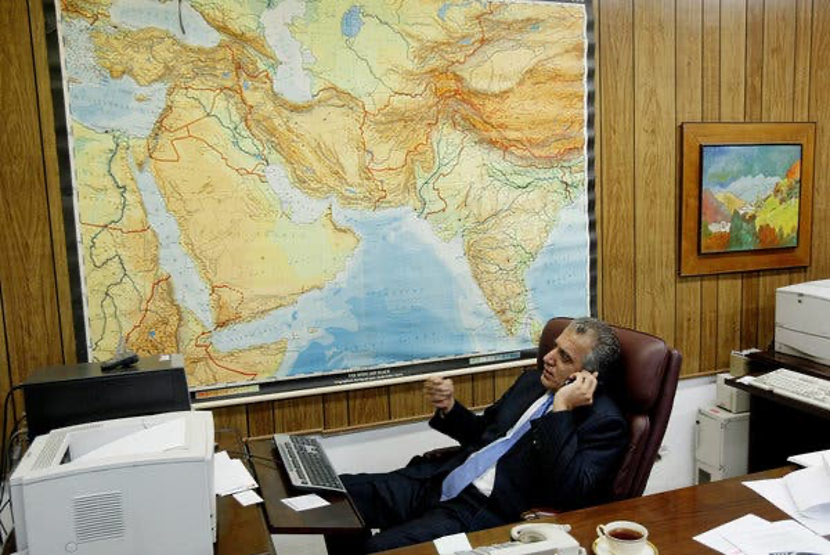
At the Bonn conference, Khalilzad told Sirat that due to his non-Pashtun ethnicity—albeit he was elected with the vast majority of votes during the Bonn Conference—he had to make way for Karzai.
Democratizing Afghanistan consequently was derailed in its embryonic stage and replaced with an ethnocracy ruled by Western-oriented technocrats.
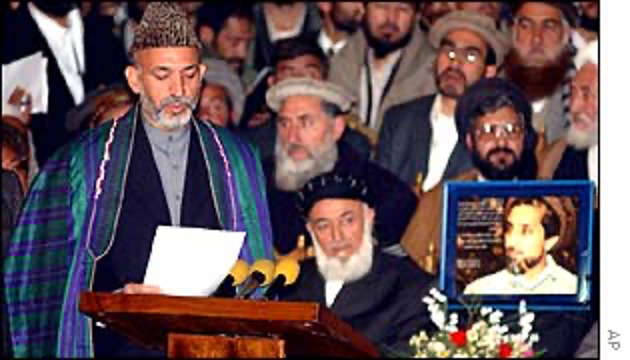
Karzai and the Taliban
In a 2011 New York Times article, Mahmoud Karzai defended Hamid and the Karzai family, stating, “You need people like us. It’s very difficult to get qualified people to come here, and work here.”
These comments suggest that only “qualified” outsiders could effectively run the country, not any locals, and reinforced the image of Afghanistan as a backward place where most people would not want to go.
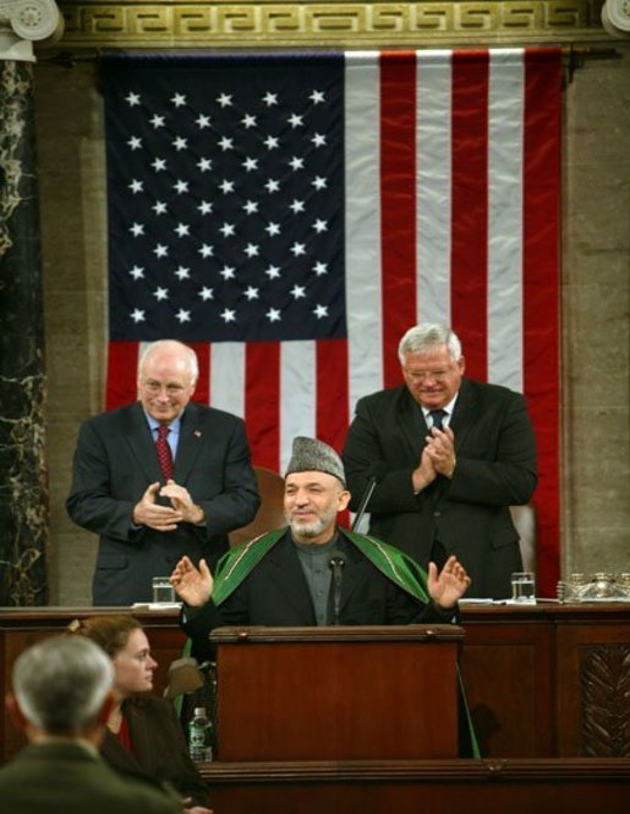
Hamid Karzai had been active in the anti-Soviet mujahideen in the 1980s, but was known as the “Gucci guerrilla” for spending all of his time networking at the Islamabad Holiday Inn.
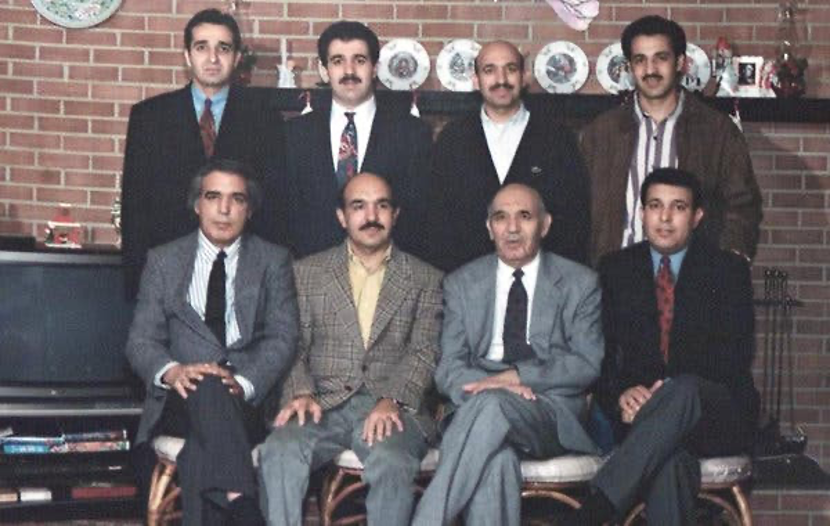
In the 1990s, Karzai worked as a consultant for Unocal Corporation,[4] which had a longstanding interest in Central Asia and was a key player in building the “Trans-Afghanistan Pipeline” running from the Caspian region all the way to the Indian Ocean.
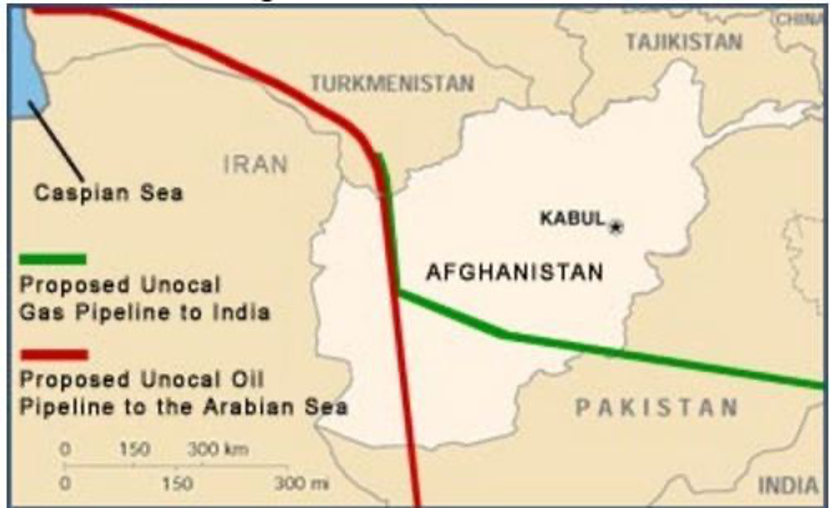
To this end, Unocal opened an office in central Kandahar, where Karzai comes from. In 1996, after years of civil war following the Soviet departure, the Taliban seized power, taking over the capital of Kabul. Unocal, and to a certain extent the Clinton administration, sided with the Taliban.[5]
The Afghan Taliban had come into being in Kandahar. The term Taliban is derived from the Arab world Talib, which means student, or he who seeks knowledge.[6] The Afghan Taliban are predominantly Pashtuns, and thus they have leverage in the south of the country.
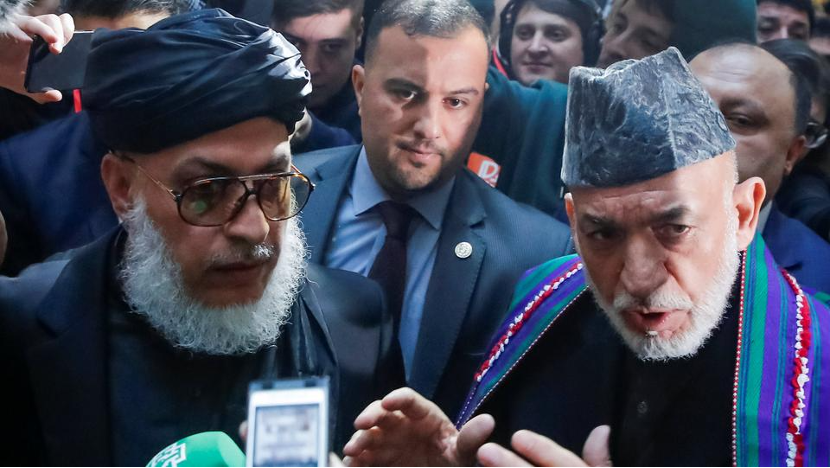
Sarah Chayes, a senior associate at the Carnegie Endowment for International Peace, reported in the Los Angeles Times that Karzai had held meetings with Taliban leaders in 1994 under the supervision of Pakistan Inter-Service Intelligence (ISI) officials, who favored them.
Karzai in turn allegedly convinced a local military commander in Kandahar, Mullah Naqib, to allow them into the city, which they soon thereafter took over. Once in power, the Taliban leadership asked Karzai to be their U.N. ambassador, a position he said he turned down.
Karzai later turned on the Taliban when they killed his father, Abdul, in 1999. Following the U.S.-NATO invasion of Afghanistan, Karzai was the first Pashtun leader to volunteer to cooperate with the U.S. government in helping to create an armed resistance to the Taliban among the Pashtun tribes in the South.[7]
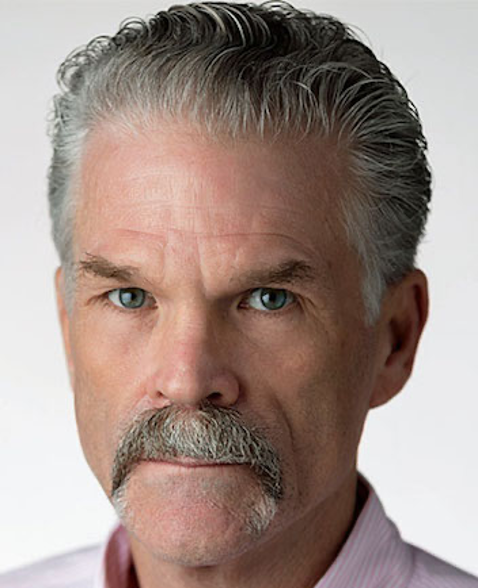
On December 5th, CIA agent Greg Vogle helped save Karzai’s life after a U.S. fighter-jet bombed its own position when a soldier mistakenly swapped the batteries in his GPS device, throwing off the coordinates for the bombing raid.
Vogle allegedly dove on Karzai, who was in a meeting surrounded by a map and teacups, and knocked him to the ground before the bomb struck, and then pulled Karzai on his back after he was wounded.[8]
Under the cloak of anonymity, Vogle subsequently became the key envoy between Karzai and the American government. In 2010, the Wall Street Journal profiled Vogle, without using his name, calling him a “pivotal behind-the-scenes power broker in Kabul.”
The New York Times later revealed that from December 2002 through 2013, Karzai’s presidential office was funded with “tens of millions of dollars” of black cash from the CIA in order to buy influence within the Afghan government.
The article stated that “the cash did not appear to be subject to oversight and restrictions.” An unnamed American official was quoted as stating that “the biggest source of corruption in Afghanistan was the United States.”[9]
The Beirut Club and Ashraf Ghani
In 2014, Karzai was succeeded by his former finance minister, Ashraf Ghani, who had overseen the flow of billions of dollars of foreign assistance into Afghanistan.
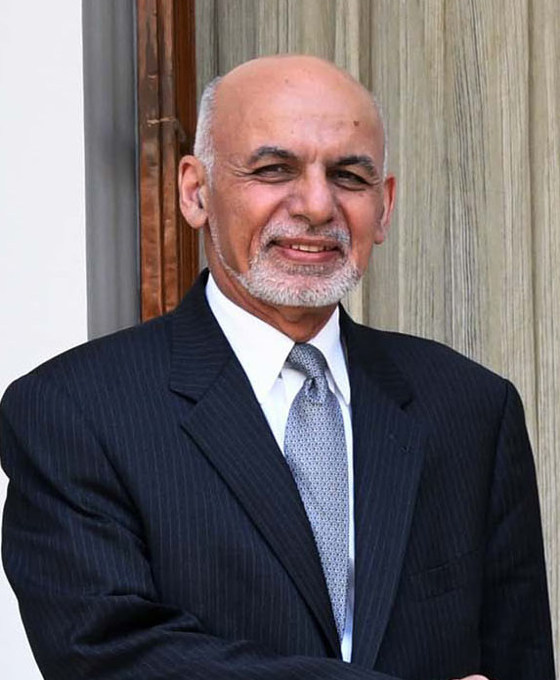
Karzai and Ghani had met and became close in the 1990s after Ghani began frequenting a restaurant owned by Karzai’s brother Qayum in Baltimore near where Ghani worked as a professor at Johns Hopkins University.
The two men were not well known within Afghanistan prior to Operation Enduring Freedom, but were elevated because of their ties to the Americans.
Ghani’s powerful sponsors included senior U.S. diplomat Richard Holbrooke, and Democratic Party strategist James Carville, who managed his 2009 presidential campaign, which garnered only three percent of the vote.[10]
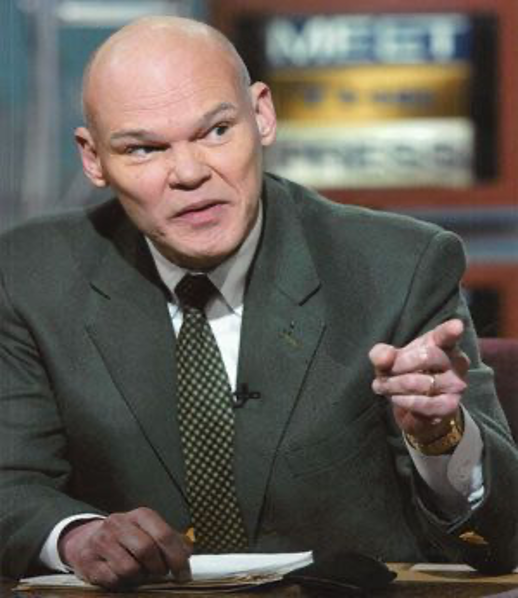
Dov Zakheim, the U.S. Undersecretary of Defense under George W. Bush, called Ghani “America’s Man.”[11]
In the 1970s, Ghani had been part of a group of mostly Pashtuns known as the Beirut club, which had been sent to study at the American University of Beirut after, in a visit to Kabul, Henry Kissinger noticed that Afghan leader Mohammed Daoud Khan was surrounded by Soviet advisers.
From that point on, members of the Beirut club–which included Zalmay Khalilzad–were groomed for power, and brought into the American orbit.[12]
In many ways, they were an Afghan version of Chile’s infamous “Chicago Boys” who trained at the University of Chicago under Milton Friedman and imported neoliberal doctrine back into their home countries.[13]
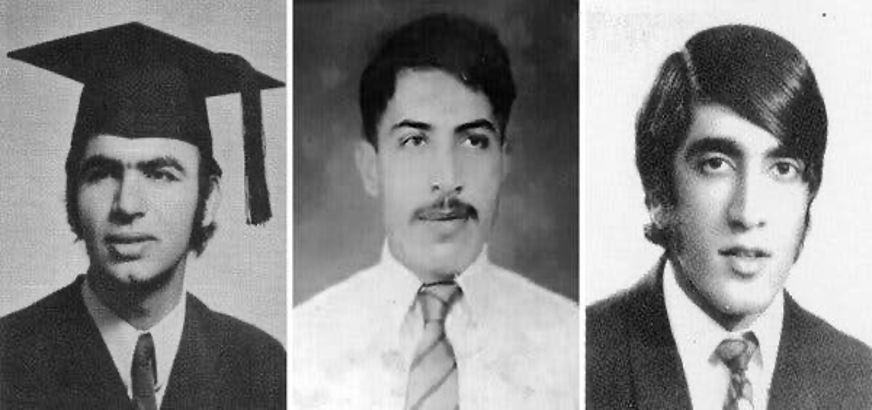
According to a New York Times profile, Ghani was a quiet and bookish young man who embraced socialist ideals during the period when he studied in Beirut.[14]
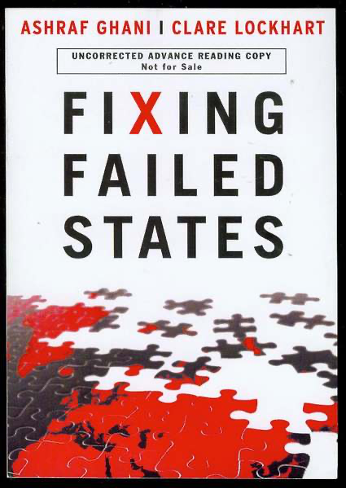
However, after pursuing an academic career in the United States (he was a professor of anthropology at Johns Hopkins University after earning a Ph.D. at Columbia University), and becoming a World Bank executive, Ghani’s outlook changed.
In his 2008 book Fixing Failed States, Ghani rebuked national economic planning theories and the welfare state and, instead, touted the importance of free-markets and multi-national corporations to state development along with international networking, and integration into the global capitalist economy.
Ghani further praised the formula of American southern states with their “low taxes, weak unions and business-friendly state governments” and military bases, and made a point of praising America’s visionary leadership after World War II—a far cry from his days as a socialist.[15]
Debonair and elegant, Ghani has often been depicted respectfully in the media as a Western-oriented technocrat who specializes in “fixing failed states.”[16]
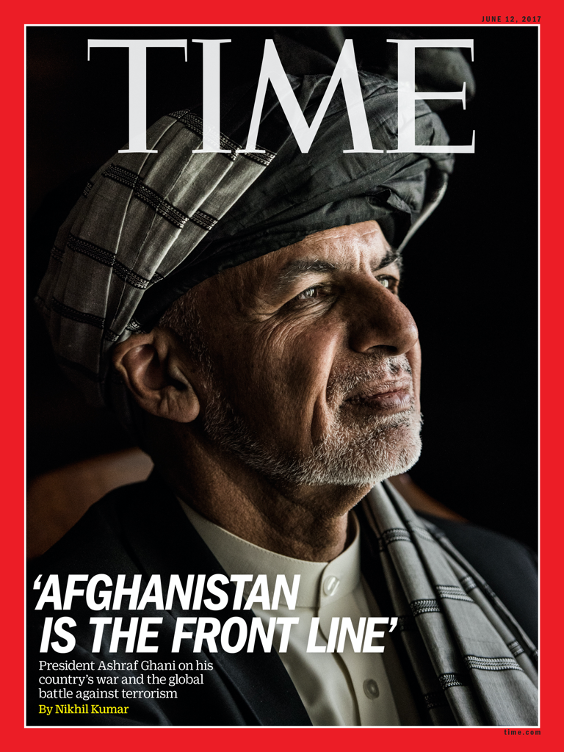
A profile in The New Yorker magazine, written by George Packer, compares Ghani with Jimmy Carter. The piece was characteristically entitled “Afghanistan’s Theorist in-Chief.”
Packer wrote that Ghani was a “visionary technocrat who thinks twenty years ahead, with a deep understanding of what has destroyed his country and what might yet save it. “He’s incorruptible,” a senior official quoted in the article said. “He wants to transform the country. And he can do it.”
Ghani’s resumé and studious nature made him seem appealing. According to Packer’s profile, Ghani spent hours each day studying reports about various political matters in excruciating detail so that he could come up with thoughtful policies.
However, these policies never materialized. Afghanistan today is among the most corrupt entities in the world, ranking among the 20 countries “having the highest perceived level of corruption” in 2019 as laid down by the Corruption Perception Index.
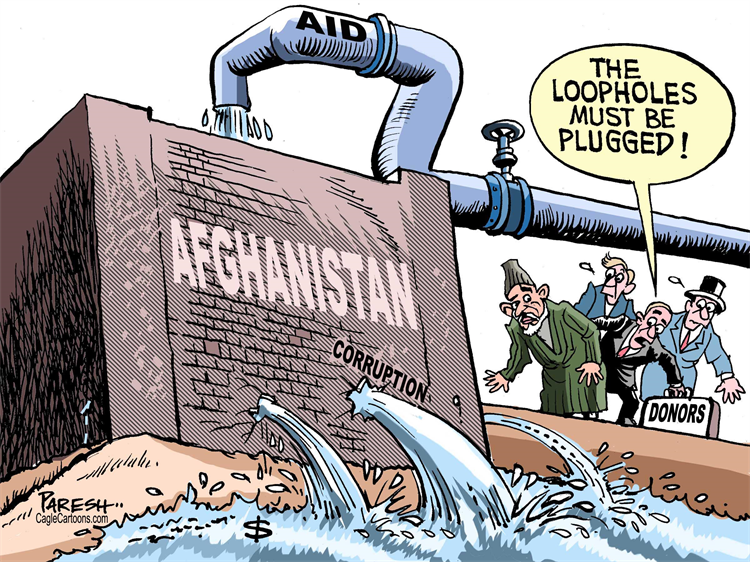
Furthermore, Afghanistan is listed as the least peaceful country in the world in 2019, according to the Institute for Economics and Peace’s Global Peace Index.
As these indicators show, Ghani’s tenure did not bear the fruits one would have hoped for. Rather, it perpetuated a nightmare culminating in a brain drain and [at least] 200,000 young Afghans escaping the country due to deteriorating security. Moreover, according to a report by UNHCR, “Afghans remain the second largest refugee population in the world.”[17]
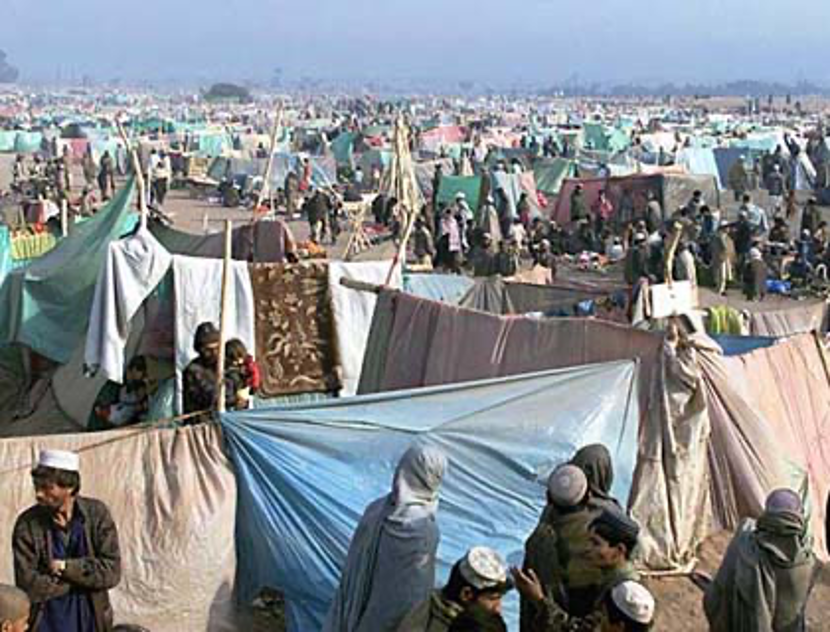
The Charade of Free Elections
The dismal outcome may not be surprising in light of the fact that Afghans never chose Ghani as their leader—the U.S. did, like with Karzai.
In the last two elections, in 2014 and 2019, Ghani faced off against Abdullah Abdullah who currently is leading the High Council for National Reconciliation (HCNR hereafter).[18]
Abdullah was an ophthalmologist whose father was a senator in the final years of the rule of King Zahir Shah (1933-1973). He had been the Minister of Foreign Affairs from 2001-2005, and first established contacts with American intelligence agents as an aide to the leader of the Northern Alliance, Ahmed Shah Massoud, who was assassinated on September 9, 2001—two days before 9/11.[19]
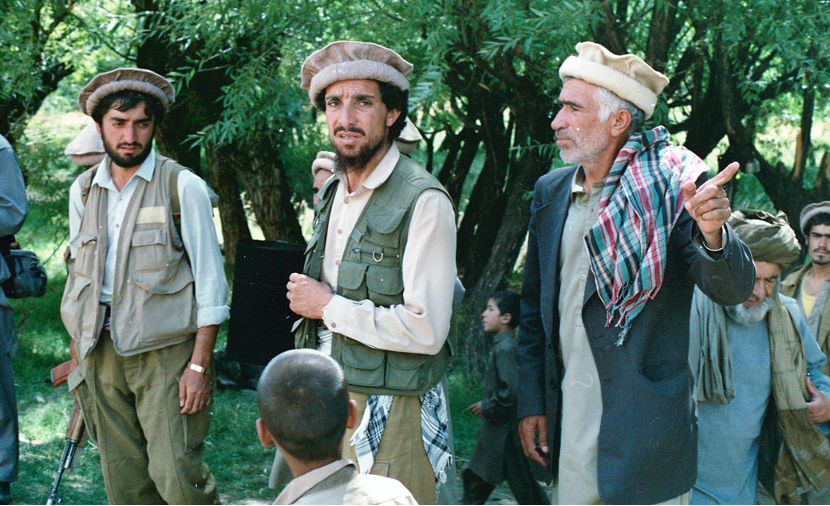
Following the U.S.-NATO invasion of Afghanistan, Abdullah received hundreds of thousands of dollars from the CIA as Northern Alliance Foreign Minister, and appeared on CNN praising U.S. air strikes.[20]
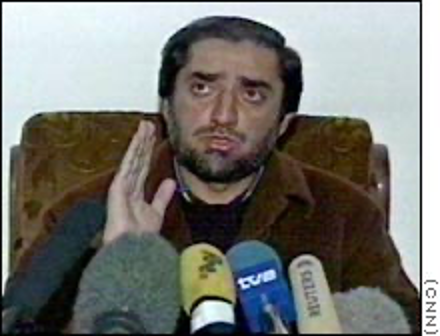
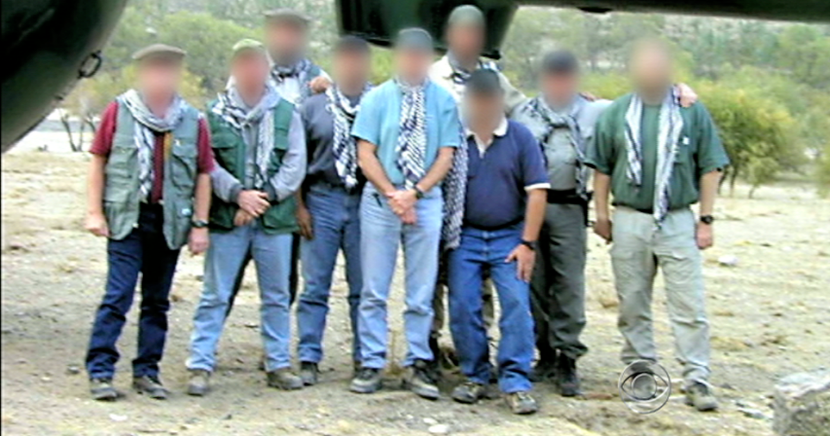
After pressure from the U.S., which threatened to slash $1 billion in aid, a political agreement between Ghani and Abdullah came about in 2014 and again after the election in 2019.[21]
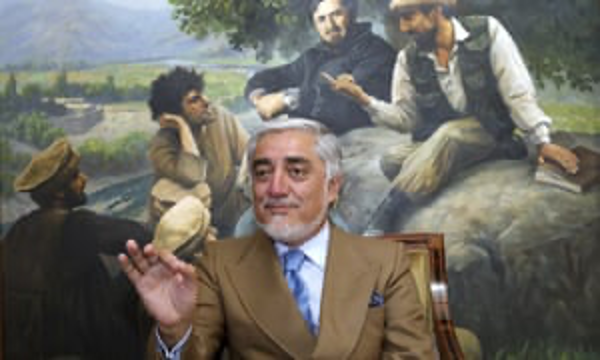
Abdullah and Ghani have been presented as political rivals before the camera; behind the curtain, however, the two have much in common. Abdullah, who clearly won the 2014 elections, was unable and unwilling to secure his victory.[22]
A huge fraud orchestrated by Zia Ul-Haq Amarkheil from Ghani’s team gave Ghani the election. The European Union (EU), which had 410 election monitors, called a subsequent audit “unsatisfactory” as it failed to detect as many as two million fraudulent votes.
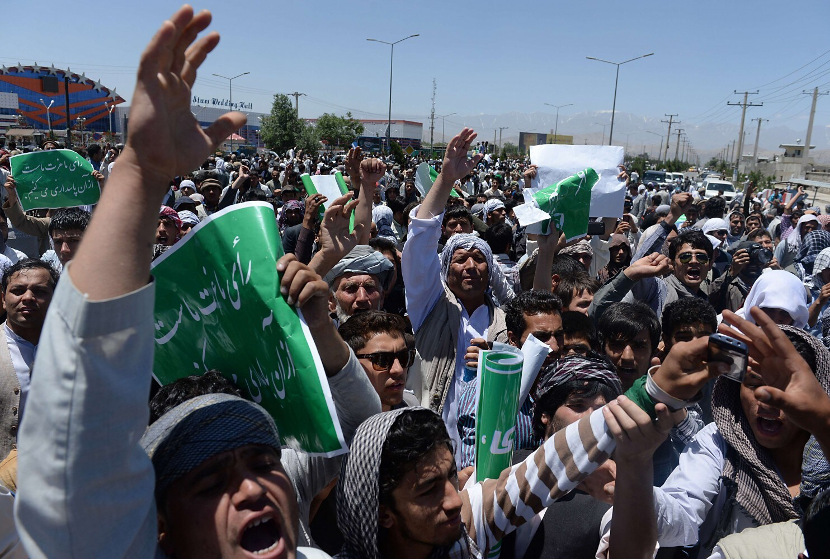
The Afghan Independent Election Commission (IEC) was headed by Yusuf Nuristani who was an ally of Ghani and had been one of the “Beirut boys.”[23]
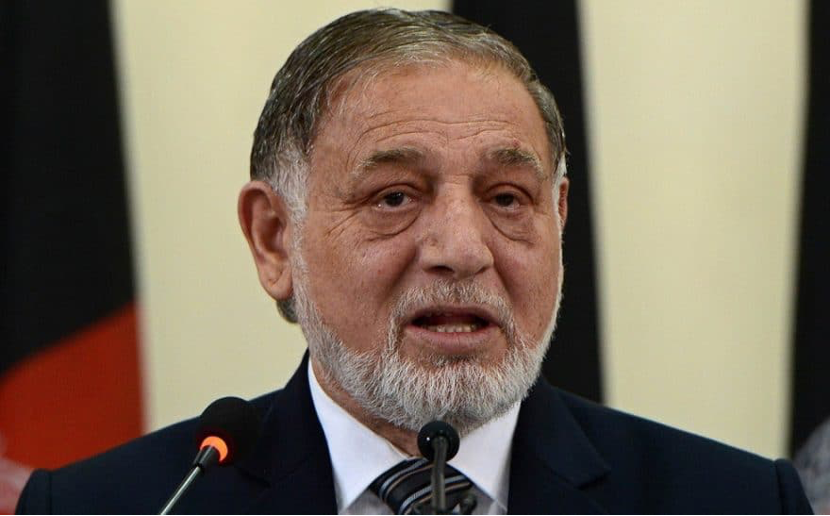
In one egregious act of electoral fraud reported by former Kabul police chief Zahir Zahir, Zia Ul-Haq Amarkheil, former campaign leader of Ashraf Ghani’s team, was “caught in the act,” trying to transport a truck full of false ballots in favor of Ghani.[24]
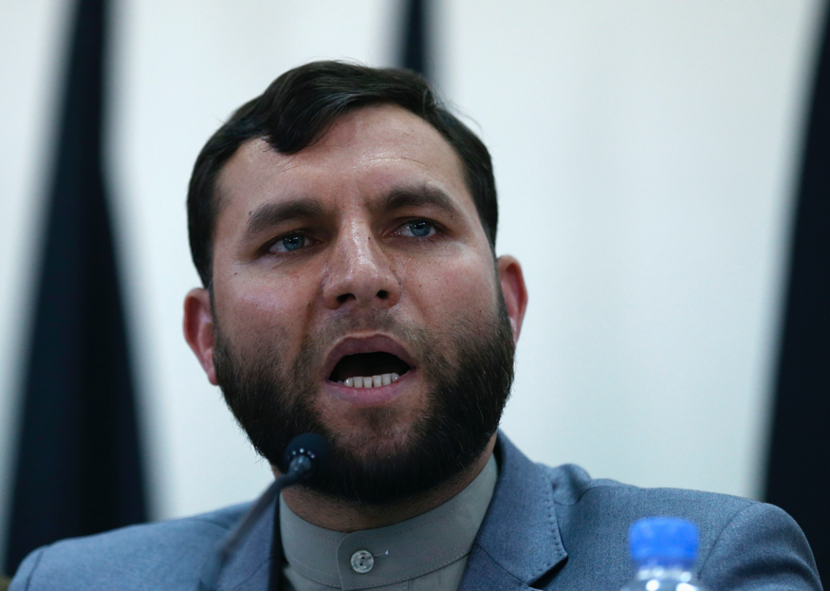
Zahir was “relieved of his duty” as Kabul Police Chief not long after Ghani was declared the new President.[25] Amarkheil was by contrast appointed as a Governor of Nengarhar province, with Ghani calling him a hero.
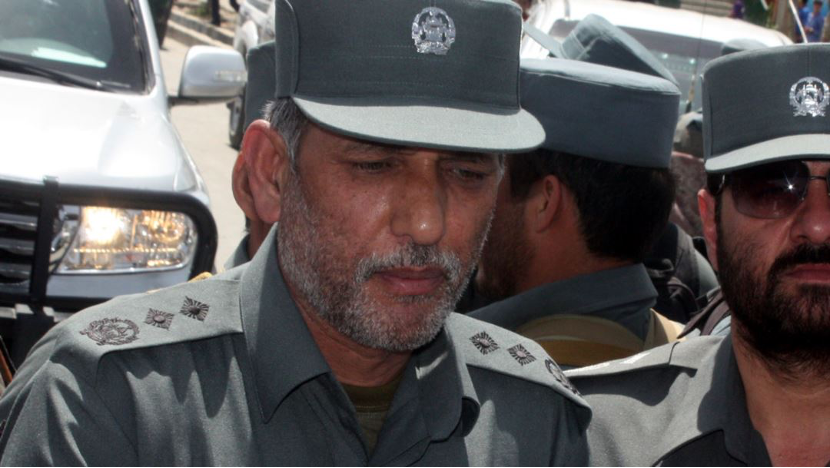
The aforementioned example illustrates one of the many events that went atrociously wrong during the elections of 2014.
Afterwards, Ghani burned through $150,000 per month lobbying in Washington, D.C. in an attempt to burnish his image and cultivate political support among the American ruling elite.[26] Where he got the money is uncertain.
As public cynicism grew to ever-higher levels, the 2019 elections in which Ghani sought reelection produced a “turnout at a historic low,’’ as coined by the BBC. Only 1.8 million Afghans out of the roughly 9 million registered voters cast ballots.
The BBC did not spare efforts to attribute the low turnout to the insecurity created by the Taliban; yet, they completely ignored the grotesque inability by the regime in Kabul to provide security in the country.
Also, Afghans have a good memory, and the elections of 2014 reminded them that, ultimately, they are not the ones to determine the outcome.
One indicator of that was that the composition of the IEC did not change between 2014 and 2019. Ms. Hawa Nuristani, the wife of Yusuf Nuristani, headed the IEC during the 2019 election.
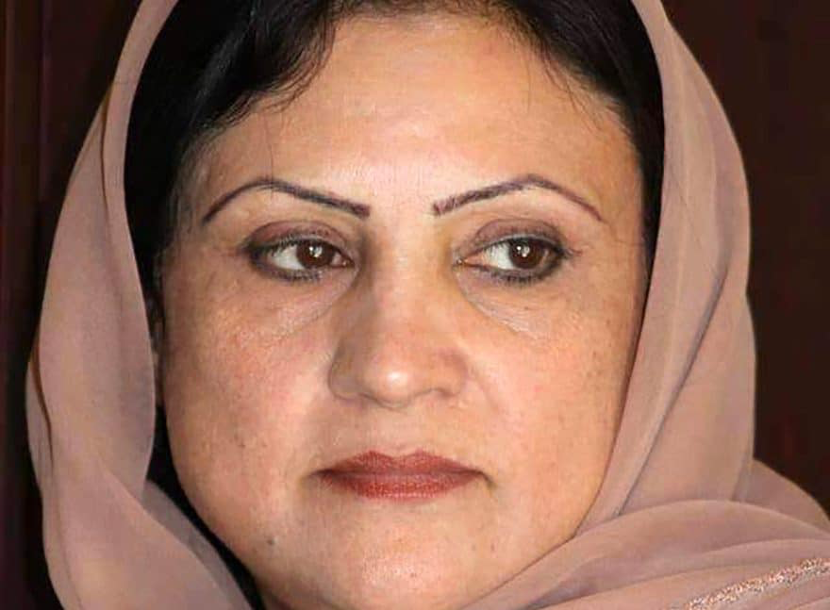
The son-in-law of the couple Nuristani, Dr. Faramarz Tamanna, notably ran as a candidate for President, but dropped out and encouraged his supporters to vote for Ghani—an old trick adopted by the Democratic Party during its 2020 primary.[27] Dr. Tamanna was expected, as a reward, to be appointed to the Ministry of Foreign Affairs.[28]
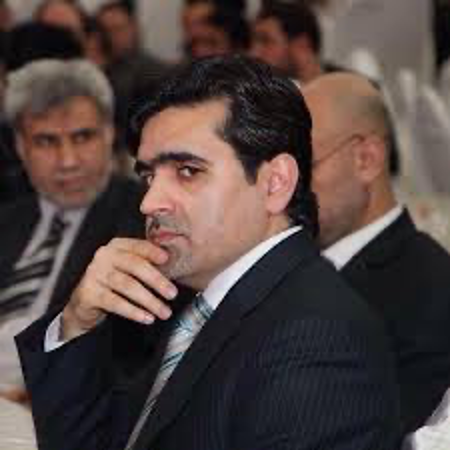
Ghani and Abdullah
Ghani’s election as head of state runs counter to the Afghan Constitution, in which the democratic right and will of the people is enshrined.[29]
In acquiescing to a power-sharing agreement, Abdullah claimed to only want to preserve “the country’s vital interests and to find a solution to the ongoing crisis.”
However, Abdullah’s base was angry—especially since they had literally risked their lives to support him given the specter of Taliban terrorist attacks designed to disrupt the elections—and demanded a strong reaction from him, which never came.
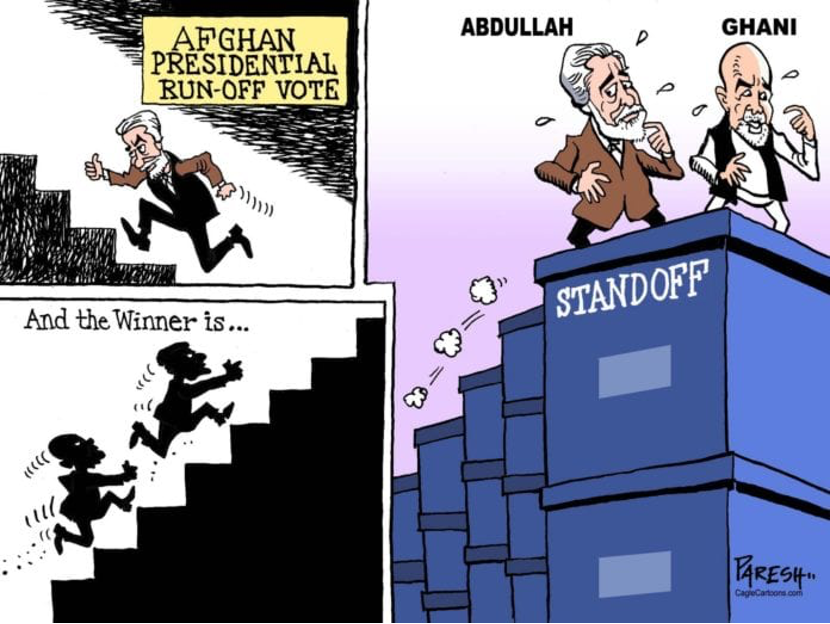
The power-sharing deal—brokered by former Secretary of State John Kerry—entailed a distribution of power whereby each man had an equal share in the cabinet to be formed.[30]
This was wishful thinking since Ghani had more leverage, and Abdullah even declared publicly that “[I] regret that the President does not make time for me to exchange our thoughts for [even] a short moment.”
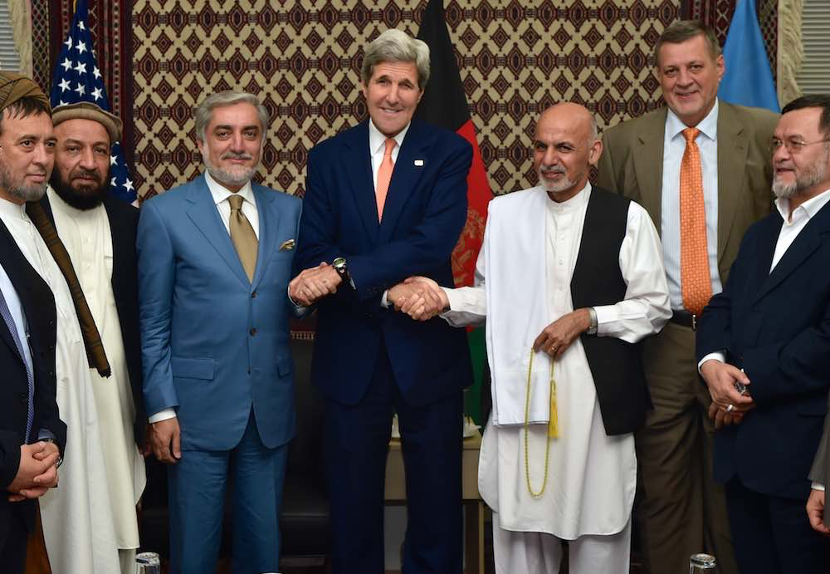
While he tried hard to portray himself as the ultimate victim of the ill-tempered man [Ghani] in the presidential palace, people started to realize that the power-sharing deal was a classic quid pro quo.
During the commemoration of one of Afghanistan’s fallen heroes, Gen. Abdul Razeq Acheckzai, both Abdullah and Ghani, sitting next to each other, were seen to be having a fun and warm conversation. At one point, Abdullah burst out laughing—knowing that at the moment, it was inappropriate.
Even the brother of martyred Gen. Abdul Razeq was visibly astonished by the behavior of the two “leaders.”[31]
Abdullah traditionally enjoyed much support from the non-Pashtuns in Afghanistan. However, as head of the government, he could not defend the core interest of other ethnicities in the country, e.g., the Rustakhez movement and Junbesh-e-Rushnai led by Tajiks and Hazara’s respectively, and block the growth of Pashtun ethnocentrism.[32]
Not only has Abdullah not voiced his support for the Tajik and Hazara groups, but he acquiesced to the security forces firing on peaceful protesters who were outraged by the uninvestigated abduction and killing of seven civilians from the Hazara ethnic minority in 2015.
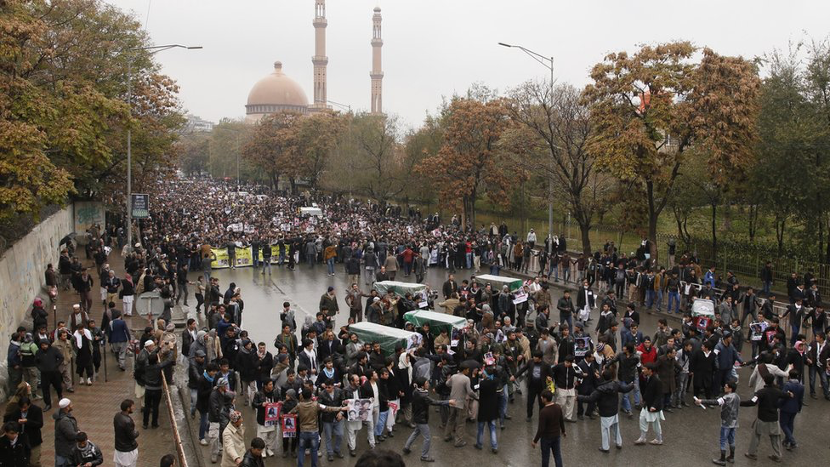
When the son of Deputy Senate Speaker Mohammad Alam Izidyar, Salem, was killed in a suicide attack, many believed that it was the work of the establishment in Kabul.[33] The police on that day shot at protesters near the Presidential Palace in Kabul, after Salem had torn down Karzai’s poster from the loyal Jurga hall.
An impartial inquiry to investigate this event has yet to occur, certainly not by the orders of Abdullah who, instead, for symbolic reasons, named a traffic roundabout after Salem. Many regarded this as a flashy political act to silence the opposition; opposition with very legitimate concerns on the growing insecurity in the country and rising discriminatory policies.[34]
Both Ghani and Abdullah have no real plans for the future of Afghanistan. A failed state by any definition, Afghanistan is destined to rely on foreign aid. One could recall Ghani saying that, “without the U.S. support the country will collapse in 6 months,” and the reality is that such a scenario is still very much prevalent.[35]
Abdullah remains largely a symbolic figure, with a good taste for expensive suits, who has enabled his family to live an extravagant lifestyle in India and the United States.
Even in his days in the Northern Alliance, Abdullah lived very well: CIA operative Gary Schroen describes meeting him in his “personal villa” south of Astaneh on a small one-lane road in the hills, which afforded him a “good view of the river and the hills on the east side of the valley.”[36] This is in a very poor country when many of his brethren were being killed.
Afghanistan’s Ethnocracy
The Afghan government established by the U.S.-NATO occupation is dominated by Pashtuns. Both Ghani and Abdullah are Pashtuns, as are most cabinet members, the chief justice of the Supreme Court, the president of the IEC, and the head of the central bank.
The Northern Alliance, with which the U.S. military had allied against the Taliban before and after 9/11, is composed mostly of Tajiks.
Ghani made a statement thereto by telling the brother of Tajik warlord Ahmad Shah Massoud, Wali Massoud, the following: “We will throw your sort [Tajiks] out of the country.”[37]
This indicates open support for ethnic cleansing and raises serious questions about whether the U.S., by supporting him, is abetting ethnic-cleansing operations.
Ghani is a close friend and ally of Indian Prime Minister Narendra Modi, whose vision of Hindutva (Hinduness) aiming for Hindu supremacy is upsetting India’s long-standing secular tradition.
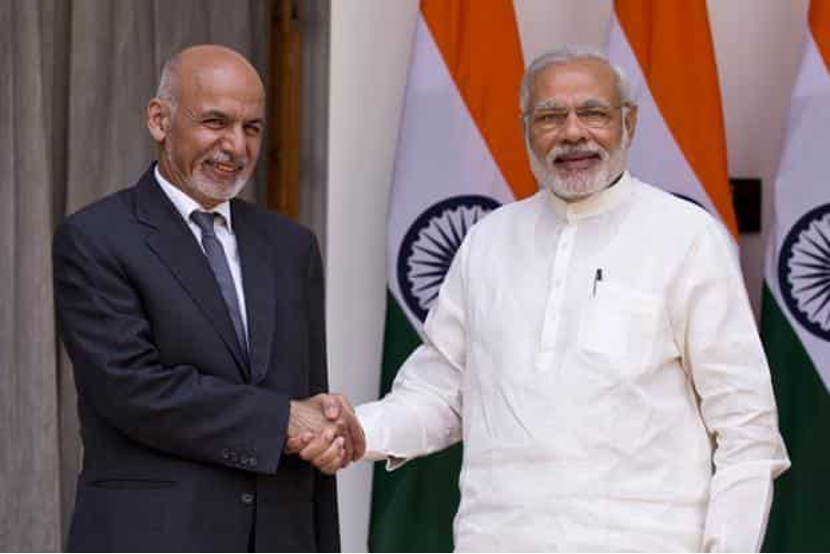
A letter by a top police commander in November 2017 openly excluded Tajiks from an antiriot control unit of the police.
In September 2017, another memo from the Administrative Office of the President appeared to show positions being handed out with the intention of keeping power in the hands of Pashtuns while giving the appearance of diversity.
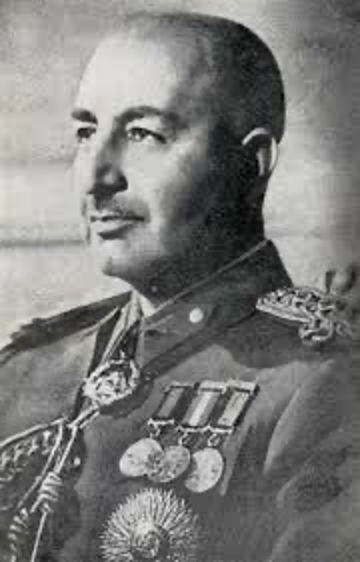
“Tajiks and Uzbeks, who work completely under us, should be appointed symbolically so that people think every ethnicity is represented,” said the memo, which was mistakenly shared on Telegram by Sawabdin Makhkash, the deputy chief of monitoring and observation in the administrative office.
The memo also mentions an official, saying he is “a good person but he brings in Hazaras and appoints them to top positions.”
“We have to look for Pashtuns who are fluent in all languages,” it adds.
Pashtuns have historically dominated Afghan politics, extending through the reign of King Zahir Shah, and his cousin Mohammed Daoud (Prime Minister 1953-1963; President 1973-1978), who settled Pashtuns in the fertile north and northeast at the expense of Tajiks and Uzbeks. The latter groups not only lost their land but were forced to build the canals that benefited the Pashtuns under state-administered irrigation programs.
When the Taliban controlled the country in the years leading up to the U.S. invasion in 2001, they were largely made up of Pashtuns.
During the rule of Hamid Karzai, many key Tajik figures, including former President (1992-1996) and peace council leader Burhanuddin Rabbani, were assassinated by Pashtun extremists, whom Karzai did little to try to reign in.
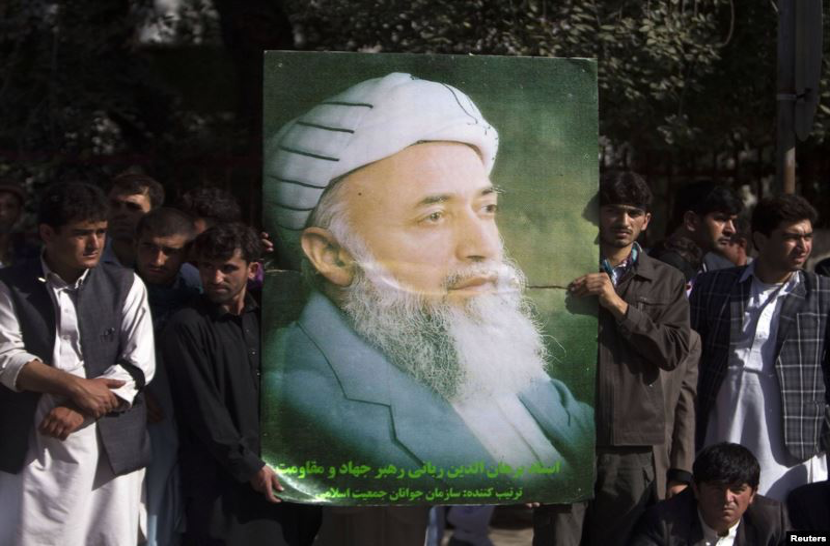
Ghani has tried to diminish charges of Pashtun favoritism by appointing as his vice-president Abdul Rashid Dostum, a well-known Uzbek warlord who helped Ghani by securing the “Uzbek electorate.” In a newspaper article during his 2009 campaign, Mr. Ghani had called Dostum a “known killer.”
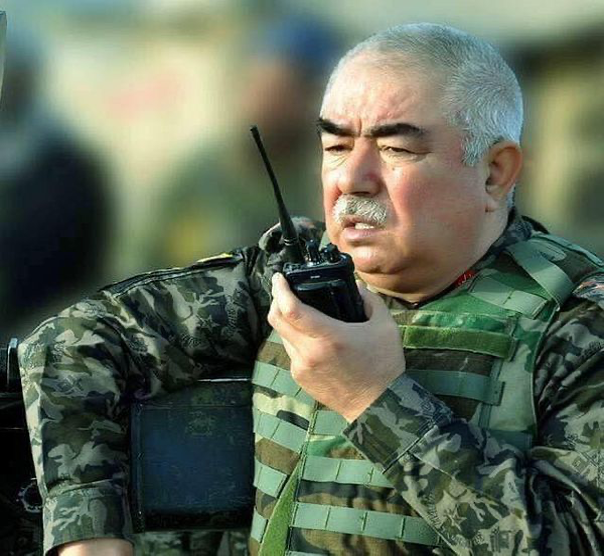
When Dostum raised concerns about discrimination against the Uzbeks due to their marginal presence in high positions, a Dostum-Ghani split came about and Dostum went to Turkey.
His departure showed the depth of dysfunctionality in Afghanistan’s current political order, which the U.S.-NATO intervention had helped to create.
Taliban Ascendant
The failings of the Afghan central authorities has led to large swathes of the country’s land being controlled by anti-government elements, most notably terrorist groups like the Taliban, Al-Qaida affiliates and even ISIS.
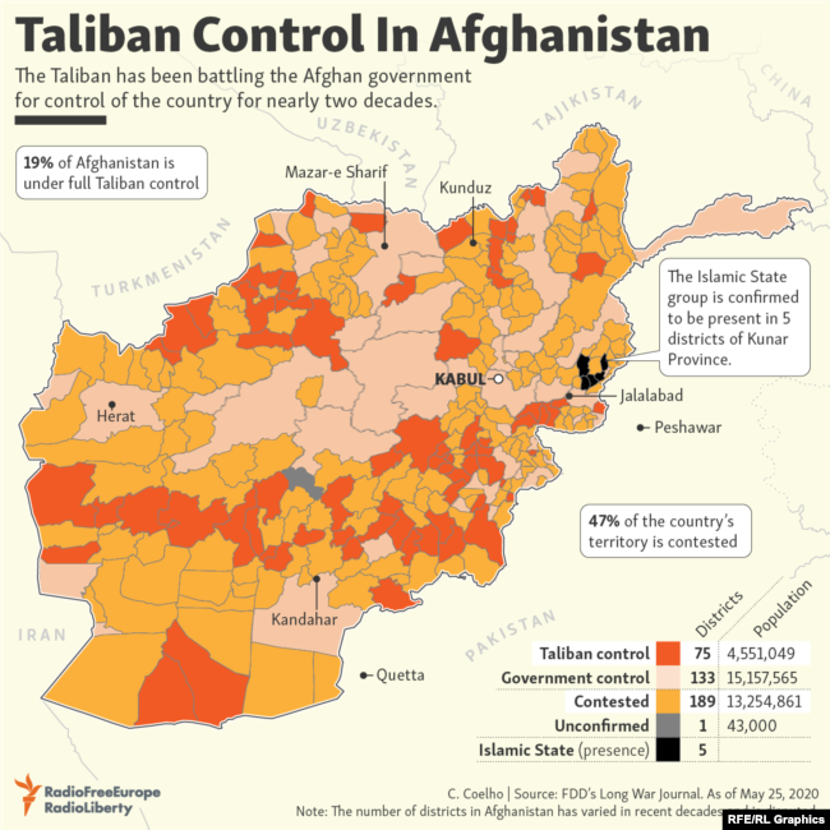
Many Afghans suspect a tie between the Taliban and the regime in Kabul that is led by fellow Pashtuns. Hamid Karzai on several occasions referred to the Taliban as his “brothers” and in 2015, according to the provincial police chief, stopped an attack on a Taliban training camp in Logar province.
Between 2002 and 2018, the U.S. gave Pakistan an estimated $33 billion in aid, including an estimated $14 billion in aid for counter-terrorism, even though a major branch of the Pakistani ISI supports the Taliban.
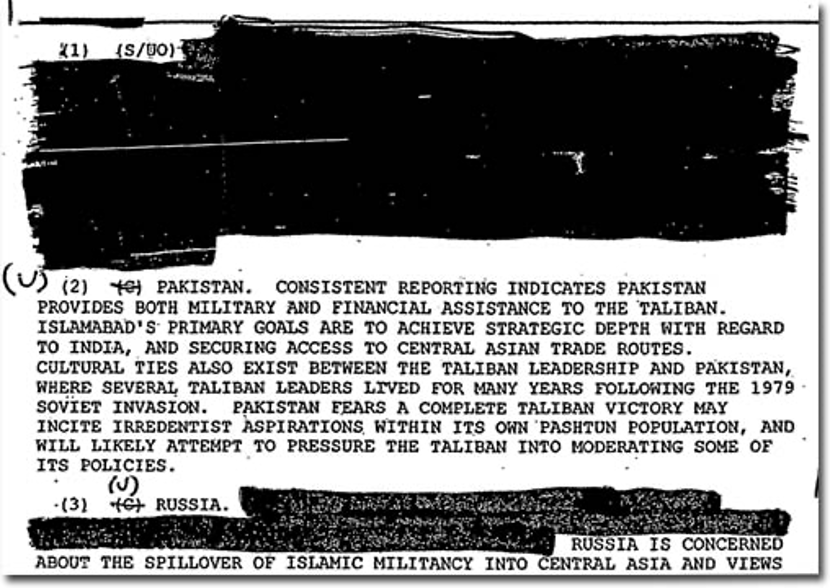
After becoming president in 2014, Ghani kept his promise to release an unprecedented number of terrorists, or members of the Taliban from prisons.
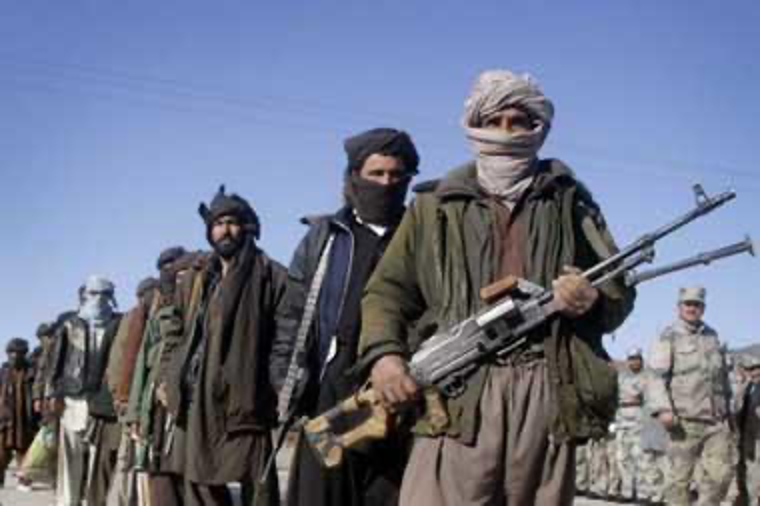
This raises further questions about where Ghani’s loyalties rest, and whether he is committed to ending the war, or sustaining it indefinitely—something that may very well suit his American benefactors.

[1] See Michael T. Klare, Resource Wars: The New Landscape of Global Conflict (New York: Metropolitan Books, 2001).
[2] Farid Younos, “America’s Man in Power: American Foreign Policy in Afghanistan,” https://www.khorasanzameen.net/php/en/read.php?id=2727
[3] Dam, “Expeditie Uruzgan; de weg van Hamid Karzai naar het paleis,” 143-146.
[4] Steve Coll, Ghost Wars: The Secret History of the CIA, Afghanistan, and Bin Laden From the Soviet Invasion to September 10, 2001 (New York: Penguin Books, 2004) 342-364.
[5] Coll, Ghost Wars.
[6] Hassan Abbas, The Taliban Revival: Violence and Extremism on the Pakistan-Afghanistan Frontier (New Haven: Yale University Press, 2015) 158.
[7] Gary C. Schroen, First In: An Insider’s Account of How the CIA Spearheaded the War on Terror in Afghanistan (New York: Ballantine Books, 273).
[8] See Schroen, First In, 275, 276, 277. In Schroen’s account, Vogle is nicknamed “craig” who he says had hit it off with Karzai immediately and began cultivating him as a CIA asset.
[9] Matthew Rosenberg, “With Bags of Cash, CIA Seeks Influence in Afghanistan,” The New York Times, April 28, 2013, https://www.nytimes.com/2013/04/29/world/asia/cia-delivers-cash-to-afghan-leaders-office.html
[10] Kevin Sieff, “Once an American professor, Ashraf Ghani is seeking the Afghan presidency, local-style,” The Washington Post, June 11, 2014.
[11] Younnos, “America’s Man in Power.”
[12] Mujib Mashal, “The President, the Envoy, and the Talib: 3 Lives Shaped by War and Study Abroad,” The New York Times, February 16, 2019; Younnos, “America’s Man in Power.”
[13] On the Chicago Boys, see Naomi Klein, The Shock Doctrine: The Rise of Disaster Capitalism (New York: Metropolitan Books, 2007).
[14] Mashal, “The President, the Envoy and the Talib.” Ghani though was a strong anticommunist, as he said that the communist regime that took over Afghanistan in 1978 placed members of his family in solitary confinement and killed some of his students.
[15] Ashraf Ghani and Clare Lockhart, Fixing Failed States: A Framework for Rebuilding a Fractured World (New York: Oxford University Press, 2009).
[16] Ghani and Lockhart, Fixing Failed States, 15.
[17] UNHCR, 2019 Year-End Report: Operation: Afghanistan, (July 7, 2020), accessed September 15, https://reporting.unhcr.org/sites/default/files/pdfsummaries/GR2019-Afghanistan-eng.pdf
[18] David van Unen. “Afghaanse president en rivaal verdelen de macht,” NRC, May 17, 2020, accessed September 10, https://www.nrc.nl/nieuws/2020/05/17/afghaanse-president-en-rivaal-verdelen-de-macht-a3999973
[19] Schroen, First In, 177, 186; “Who is Abdullah Abdullah? Afgfhanistan’s Three-Time Presidential Contender,” BBC, September 27, 2019.
[20] Schroen, First In, 195; “Northern Alliance: U.S. Air Strikes Accurate,” CNN, October 7, 2001, https://www.cnn.com/2001/WORLD/asiapcf/central/10/07/ret.abdullah.attacks.cnna/
[21] TOLOnews.com, “Ghani and Abdullah Sign Agreement to Break Political Deadlock,” TOLOnews, May 17, 2020, accessed September 10, https://tolonews.com/afghanistan/ghani-and-abdullah-sign-agreement-break-political-deadlock
[22] Ahmad Shah Ghani Zada, “Abdullah claims victory in the first round of election.” Khaama Press, April 27, 2014, accessed September 9, https://www.khaama.com/abdullah-claims-victory-in-the-first-round-of-election-3615/
[23] Younos, “America’s Man in Power.”
[24] افغان سلام هم وطن, “ضیا الحق امرخیل گرگ ریس جمهور با پشتاره دستگیر شد,” YouTube, 1:39, June 14, 2014, accessed September 23, https://www.youtube.com/watch?v=iMEMnKZKtUE&feature=youtu.be
[25] Sakeha Sadat, “Committee Formed to Investigate Amarkhail Fraud Allegations,” Tolonews, June 15, 2014, accessed September 20, https://elections.tolonews.com/committee-formed- [NOTE: Spelling of “Amarkhail”]investigate-amarkhail-fraud-allegations. Please note, such an investigation was never conducted.
[26] Dan Murphy, “In Afghan election dispute, enter the DC lobbyists,” Christian Science Monitor, August 14, 2014. Sanitas International, Fenton Communication, and Roberti White LLC were the top-end firms which Ghani hired.
[27] Abaseen Zahir, “Faramarz Tamanna joins Ghani’s electoral team,” Pajhwok, August 12, 2019, accessed September 25, http://www.vote.af/en/2019/12/08/faramarz-tamanna-joins-ghani-s-electoral-team
[28] Menafn, “Afghanistan – Tamanna kin and confidants hold key IEC positions,” September 22, 2019, accessed 23 September, https://menafn.com/1099037070/Afghanistan-Tamanna-kin-and-confidants-hold-key-IEC-positions
[29] Stephanie Glinski, “Risking Life and Limb to Vote in Afghanistan,” Foreign Policy, September 27, 2019, accessed September 15, https://foreignpolicy.com/2019/09/27/risking-life-and-limb-to-vote-in-afghanistan/
[30] Glinski, “Risking Life and Limb to Vote in Afghanistan.”
[31] Afghan Voice. “President Ashraf Ghani Laughing with Dr. Abdullah Abdullah,” YouTube, 0:01. October 18, 2019. https://www.youtube.com/watch?v=8wyfPAECb9Q
[32] Admin, “Civil Movements Killings; Govt Accused of Impeding “Prosecution of Accused,” Afghanistan Times, June 1, 2020, accessed September 15, http://www.afghanistantimes.af/civil-movement-killings-govt-accused-of-impeding-prosecution-of-accused/
[33] Ibid.
[34] Ibid.
[35] Puja Menon, “Afghanistan Will Collapse Within Six Months Without US Support and Money: President Ashraf Ghani,” News18, January 18, 2018, accessed September 15, https://www.news18.com/news/world/afghanistan-will-collapse-within-six-months-without-us-support-and-money-president-ashraf-ghani-1635539.html
[36] Schroen, First In, 186.
[37] Panjshir Channel, “احمد ولی مسعود: اشرف غنی گفت ما شما مردم را از اين کشور بيرون می کنيم,” January 1, 2018, 0:15, accessed September 20, https://www.youtube.com/watch?v=78iSSzXo4Bk&feature=youtu.be
[38] Elspeth Reeve, “How Good Are the Good Guys in Syria?” The Atlantic, September 5, 2013, accessed September 20, https://www.theatlantic.com/politics/archive/2013/09/what-are-syrian-rebels-really/311424/
CovertAction Magazine is made possible by subscriptions, orders and donations from readers like you.
Blow the Whistle on U.S. Imperialism
Click the whistle and donate
When you donate to CovertAction Magazine, you are supporting investigative journalism. Your contributions go directly to supporting the development, production, editing, and dissemination of the Magazine.
CovertAction Magazine does not receive corporate or government sponsorship. Yet, we hold a steadfast commitment to providing compensation for writers, editorial and technical support. Your support helps facilitate this compensation as well as increase the caliber of this work.
Please make a donation by clicking on the donate logo above and enter the amount and your credit or debit card information.
CovertAction Institute, Inc. (CAI) is a 501(c)(3) non-profit organization and your gift is tax-deductible for federal income purposes. CAI’s tax-exempt ID number is 87-2461683.
We sincerely thank you for your support.
Disclaimer: The contents of this article are the sole responsibility of the author(s). CovertAction Institute, Inc. (CAI), including its Board of Directors (BD), Editorial Board (EB), Advisory Board (AB), staff, volunteers and its projects (including CovertAction Magazine) are not responsible for any inaccurate or incorrect statement in this article. This article also does not necessarily represent the views the BD, the EB, the AB, staff, volunteers, or any members of its projects.
Differing viewpoints: CAM publishes articles with differing viewpoints in an effort to nurture vibrant debate and thoughtful critical analysis. Feel free to comment on the articles in the comment section and/or send your letters to the Editors, which we will publish in the Letters column.
Copyrighted Material: This web site may contain copyrighted material the use of which has not always been specifically authorized by the copyright owner. As a not-for-profit charitable organization incorporated in the State of New York, we are making such material available in an effort to advance the understanding of humanity’s problems and hopefully to help find solutions for those problems. We believe this constitutes a ‘fair use’ of any such copyrighted material as provided for in section 107 of the US Copyright Law. You can read more about ‘fair use’ and US Copyright Law at the Legal Information Institute of Cornell Law School.
Republishing: CovertAction Magazine (CAM) grants permission to cross-post CAM articles on not-for-profit community internet sites as long as the source is acknowledged together with a hyperlink to the original CovertAction Magazine article. Also, kindly let us know at info@CovertActionMagazine.com. For publication of CAM articles in print or other forms including commercial internet sites, contact: info@CovertActionMagazine.com.
By using this site, you agree to these terms above.
About the Author
Mustafa Ariaie was born in Afghanistan and is studying law in the Netherlands. His interests focus on history, philosophy, law, cultures and languages. Ariaie has worked as a translator and has extensive experience working with Afghan refugees in the Netherlands, Germany, and Switzerland.

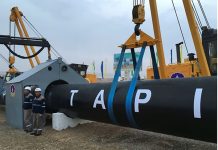


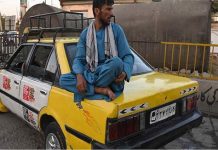
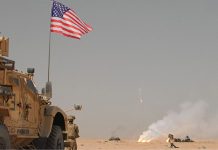
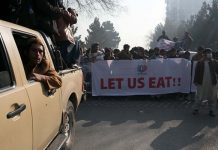
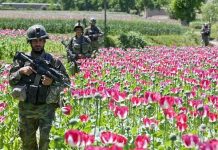
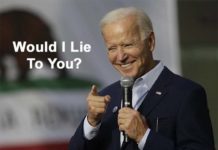
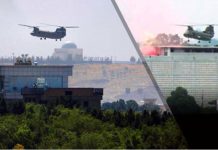

[…] headed by James F. Dobbins, the former U.S. Ambassador to the European Union (1991-1993) who installed Hamid Karzai as the puppet leader of Afghanistan at the 2001 Bonn conference, found that “economic cost-imposing measures” such as sanctions held particularly high […]
[…] As CAM previously reported, in the 1970s, Ghani had been part of a group of mostly Pashtuns known as the Beirut club, which had been sent to study at the American University of Beirut after, in a visit to Kabul, Henry Kissinger noticed that Afghan leader Mohammed Daoud Khan was surrounded by Soviet advisers. […]
[…] under NATO occupation has also evolved into a failed state led by a violent kleptocratic elite which covertly supports the very enemy it purports to be combati…. Hamid Karzai, Afghanistan’s President from 2004-2014, said that “the U.S.-NATO military […]
[…] 2001, cuando Estados Unidos invadió por primera vez Afganistán, estaba en proceso de ampliar su infraestructura militar en Asia Central. Afganistán era una estación de paso clave para este nuevo “dorado del petróleo”, que […]
[…] 2001, cuando Estados Unidos invadió por primera vez Afganistán, estaba en proceso de ampliar su infraestructura militar en Asia Central. Afganistán proporcionaba una estación de paso clave para este nuevo “dorado del […]
[…] 2001, când SUA au invadat Afganistanul, erau în proces de extindere a infrastructurii militare în Asia Centrală . Afganistanul a furnizat o stație de cale cheie către acest nou „petrol dorado”, […]
[…] 2001, when the U.S. first invaded Afghanistan, it was in the process of expanding its military infrastructure in Central Asia. Afghanistan provided a key way-station to this new “oil dorado,” which holds as much as 200 […]
[…] “As a previous CAM article documented, the current Afghan government led by Ashraf Ghani is largely a creation of the United States. Its military is funded by the United States at a cost of around $4 billion per year. This support is going to continue—unless Congress cuts it off—alongside large-scale U.S. foreign aid programs that amount to nearly one billion per year.” […]
[…] “As a previous CAM article documented, the current Afghan government led by Ashraf Ghani is largely a creation of the United States. Its military is funded by the United States at a cost of around $4 billion per year. This support is going to continue—unless Congress cuts it off—alongside large-scale U.S. foreign aid programs that amount to nearly one billion per year.” […]
[…] “As a previous CAM article documented, the current Afghan government led by Ashraf Ghani is largely a creation of the United States. Its military is funded by the United States at a cost of around $4 billion per year. This support is going to continue—unless Congress cuts it off—alongside large-scale U.S. foreign aid programs that amount to nearly one billion per year.” […]
Allow me a further comment in reply to the argument that the US cannot allow the Taliban to take power, because so doing would demonstrate US weakness to the world.
The weakness of the US is already well demonstrated (in no significant order) by: (1) its response to the COVID onslaught at home; (2) its printing of money; (3) the attack on it Capitol; (4) the deterioration of its infrastructure; (5) the captivity of its journalism; (6) last but not least, the control of its policies by a narrow elite that profits from costly wars in Afghanistan, Iraq, Syria, et al., and US hostility towards China and Russia.
The author may well be correct that Afghanistan is not a democratic state by Western, or indeed anyone’s, standards. But he misses a critical point. The United States invaded Afghanistan to punish the Taliban for providing support to Al Qaeda which declared war on the U.S. in ~ 1995. The U.S. removed the Taliban from power and kept it out of power as a message that those who attack the United States, or aid its attackers, will forfeit whatever they have as a punishment. The same reason exists now as then to keep the Taliban out of power – that is to deter those who would take sides in war against the United States. It is unfortunate that the Afghan people must suffer from dubious leadership to keep the Taliban out of power, but then again, the (East) Germans had to suffer 44 years of puppet government as a result of their support for the Nazis attack upon the Soviet Union. For the U.S. to permit the Taliban to take power today would send out a message that America is weak and can be defeated and would give encouragement to all of its many enemies abroad. This is why Trump was highly mistaken in engaging in a peace process with Taliban, a mistake one can only hope Biden will correct. The ultimate goal of U.S. policy in Afghanistan is not to establish democracy there, although that would certainly be desirable if it could be accomplished. Its ultimate goal is to keep the Taliban out of power, just as much as it was to keep the Nazis from regaining power in Germany after World War II,
Article doesn’t seem to indicate how late 1970’s covert intervention by “The Company” in Afghanistan under Democratic Carter Administration helped provoke Soviet military intervention in Afghanistan in December 1979.
According to John Cooley’s 2001 book, Unholy Wars: Afghanistan, America and International Terrorism, during “the summer of 1979… National Security Advisor Zbigniew Brzezinski got Carter to sign a secret directive for covert aid to the Mujahideen resistance fighters.” As Brzezinski — a former Columbia University Professor of Government and former policy advisor to Barack Obama — confessed in a January 15, 1998 interview with the Paris newspaper Le Nouvel Observateur:
“According to the official version of history, CIA aid to the Mujahideen began during 1980, that is to say, after the Soviet army invaded Afghanistan, 24 Dec. 1979. But the reality, secretly guarded until now, is completely otherwise. Indeed, it was July 3, 1979 that President Carter signed the first directive for secret aid to the opponents of the pro-Soviet regime in Kabul. And that very day, I wrote a note to the president in which I explained to him that in my opinion this aid was going to induce a Soviet military intervention… We didn’t push the Russians to intervene, but we knowingly increased the probability that they would.”
The Unholy Wars book also observed that “Charles Cogan, until 1984 one of the senior CIA officials running the aid program… agrees with Brzezinski… that the first covert CIA aid to the Afghan resistance fighters was actually authorized fully six months before the Soviet invasion — in July 1979…”
As a then-classified U.S. State Department Report of August 1979 stated, “the United States larger interests… would be served by the demise of the Taraki-Amin regime, despite whatever setbacks this might mean for future social and economic reforms in Afghanistan,” according to James Lucas’ “America’s Nation-Destroying Mission In Afghanistan” article.http://www.theragblog.com/bob-feldman-a-peoples-history-of-afghanistan-9/
The article is to be complimented for its details of American intrusion, and the frustration and hell caused by psychopathic rulers. What’s missing is a “solution” to the misery/brutality that US/NATO/TALIBAN has caused in Afghanistan.
In a better world, the United Nations would step in with a professional international peace force and transitional police team to rid Afghanistan of its psychopathic rulers. The US has no right to maintain its colonization of the Afghan’s; but a successful withdrawal by the US and its private proxies really needs an international UN-type intervention which can’t be done due to the defects in the UN Charter and hence limits what the UN can do to in terms of dealing with the psychopaths found ruling the US/NATO/Taliban/Afghan nation.
But until we have a “new UN” such a sensible approach is not possible. Activists are working on replacing the fatally flawed UN Charter with the Earth Constitution which will give the world community a “new UN” or Earth Federation government, one with the tools it needs to “end the scourge of war” and to intervene in countries destroyed by Bully nations such as US/NATO and its covert agencies.
What your article misunderstands is the U.S. is not a democracy. Its leaders have no interest in promoting democracy. They are oligarchs or prostitutes for our oligarchs.
Also, the American people are not simply ignorant, but they are kept in ignorance by our mainstream media. The oligarchs control the mainstream, and if one is a graduate of a journalism school, he or she had better forget that and learn stenography.
I highly appreciated your comment. In fact, what we call today democracy in the West is but a fake and trompe l’oeil democracy that has nothing to do with the very definition of the term, a government of the people, by the people and for the people. Multipartism is but a fake and trompe l’oeil multipartism as since 200 years, the political parties accepted to run for and to rise to power are those prone to protect the interests of capitalists and exploited class inside and outside the borders of the state. The history of US interventions since the end of the WWII to topple hostile regimes and to replace them by puppet ones all over the world shows that only parties or politicians subject to capitalist class imperatives can come to power. (see William Blum AND covertaction). The freedom of expression is but a fake and trompe l’oeil freedom of expression as the mass media doomed to manipulate the public opinion and determine the choice of the voters in the ballot box are controlled by capitalist class and the state whose role is to reproduce class relationship, to maintain oppressed layers into submission and to preserve the statu quo through both, repressive apparatus police, army and ideological apparatus
@elmir1975
http://www.siress-editions.com